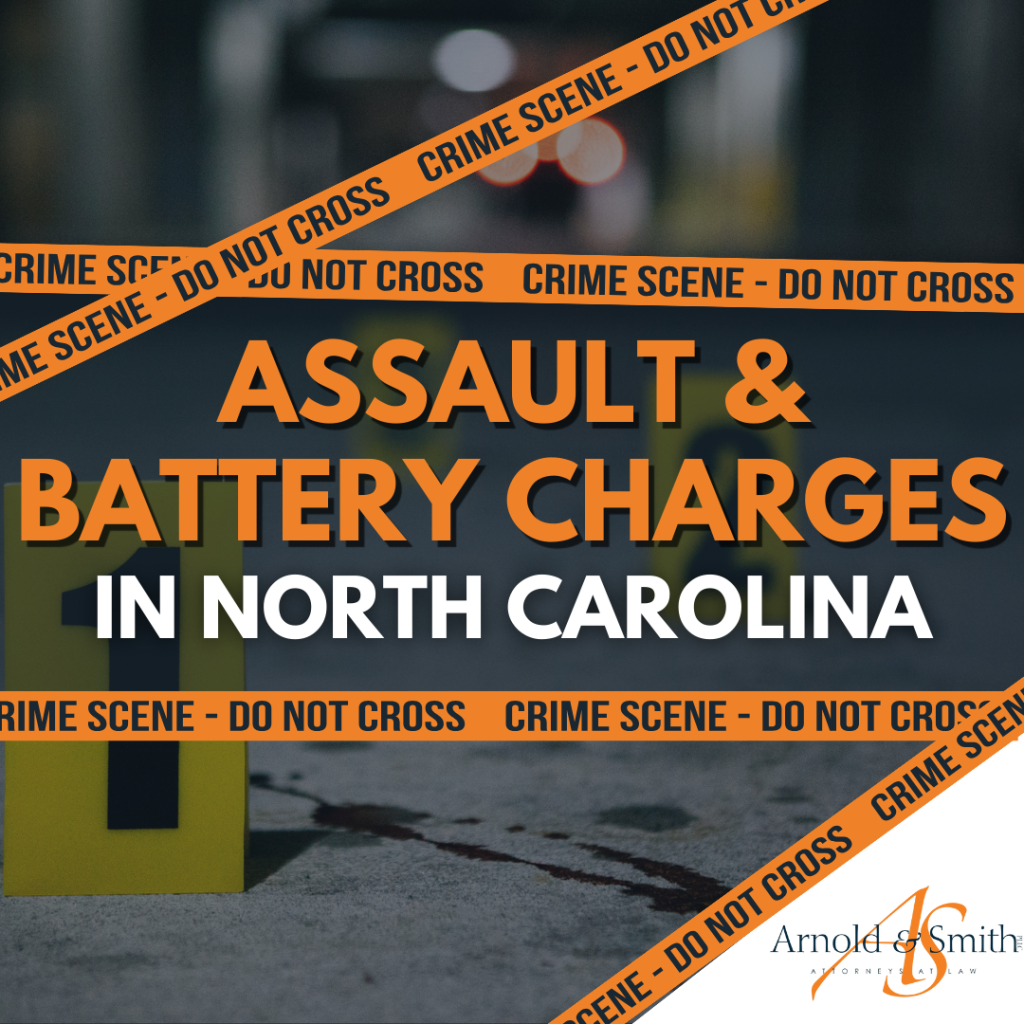 Fighting Vandalism Charges in North Carolina
Fighting Vandalism Charges in North Carolina
Vandalism is one of the most common charges in North Carolina and elsewhere. Vandalism happens when someone causes damage or destroys property that belongs to someone else. Most often, vandalism is a misdemeanor; however, there may be some instances when it is a felony. If convicted of a misdemeanor vandalism charge, you could face a sentence that includes fines and community service. In some cases, you could face jail time. An experienced North Carolina criminal defense attorney will help you defend vandalism charges.
What is Vandalism?
 Charlotte Criminal Lawyer Blog
Charlotte Criminal Lawyer Blog





